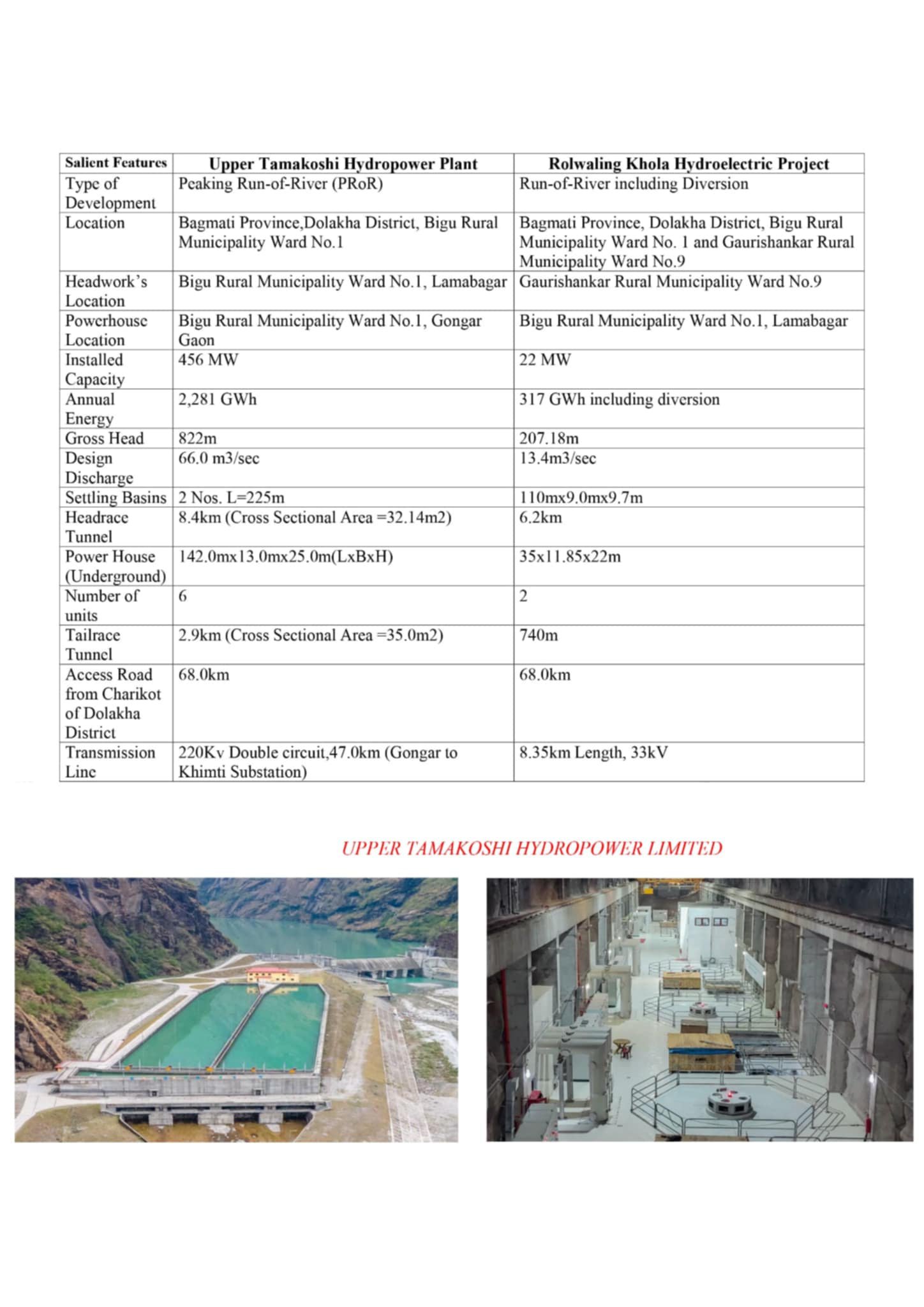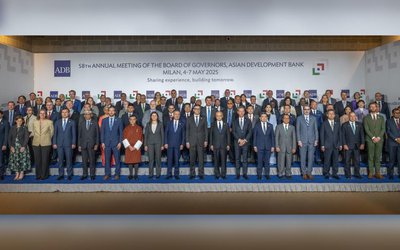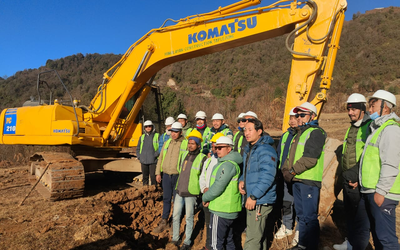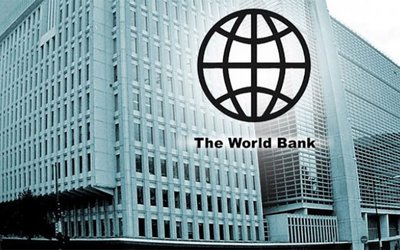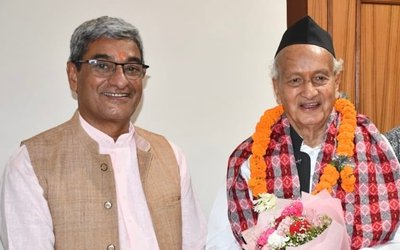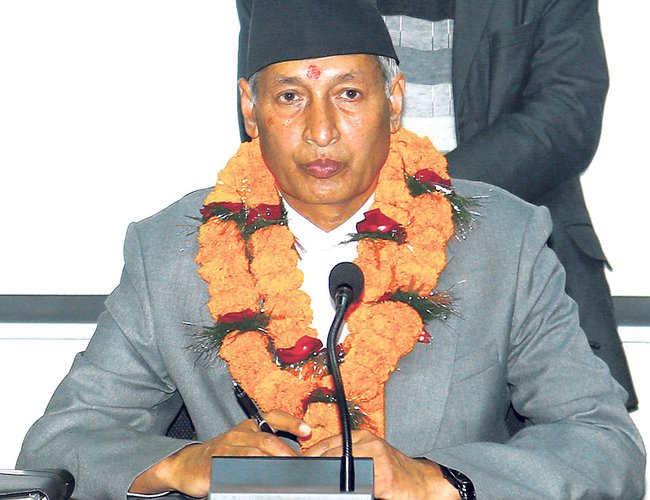
As his predecessors in the political changes did, finance minister Dr. Khatiwada also came out with the white paper showing a dire economic scenario of the country.
As Nepal completed three elections in one year with the three governments, Nepal has spent all its time to settle the political issue and economic agenda was nobody’s concern.
According to estimates, almost over 100 billion was spent to hold the three elections. The announcement of populist programs by all the previous governments added pressure to Nepal’s economy.
As the pace of concurrent expenditure, which will continue to swell in coming days as well, has gone up and capital expenditure is slow, there was nothing positive in the economy.
In a bleak scenario, newly appointed Finance Minister Yubaraj Khatiwada presentation was natural. Presenting the white paper, Dr. Khatiuwada stated that a majority of Nepal’s economic and development indicators at present were negative and economic activities were increasingly shrinking due to a lack of favorable business environment.
Finance minister Dr. Khatiwada added that the government was facing a difficult time accumulating resources, especially following violation of budgetary or fiscal rules and regulations.
“Tax waiver has been provided to businesses against the existing norms,” he said, adding that financial and resource assurances have been provided to projects without any project analysis. Khatiwada added that the government is facing difficulty even in estimating the budget size, as the current fiscal budget has not incorporated projects that were given resource assurance by the previous budgets.
Citing that earlier governments focused on a larger budget size without relevant revenue sources, Khatiwada said the tendency to prepare a budget in haste and without enough groundwork had raised questions regarding the credibility and reliability of the country’s budget. “The existing budget is more distributive than productive,” he added.
Likewise, Minister Khatiwada also stated that the tendency of the governments to take decisions without consulting the Ministry of Finance had not only added financial pressure on the government but also reflected the deteriorating fiscal discipline in the country.
Stating that administrative expenses of the government will skyrocket under the new federal system, Khatiwada said, “The government will face a deficit of at least Rs 200 billion to fund the projects and plans proposed in the budget.”
Against this backdrop, the finance minister said the government would be stricter in approach towards maintaining fiscal discipline and improving financial governance mechanism in the country in the days ahead.
Khatiwada added that the country’s widening trade deficit, slow pace of post-quake reconstruction, rise in unofficial economy, instability in bank’s interest rate and rising unhealthy competition among banks and financial institutions, low access of people to banking and financial services and delay in project development remained major setbacks to the economy.
However, on a positive note, the white paper states that the country has opportunities for development owing to the successful completion of elections and formation of a stable government.
Meanwhile, the country’s private sector has welcomed the white paper, stating that the government has at least acknowledged the bleak condition of Nepal’s economy. “The white paper depicts government’s realization that the country’s economy is awful and business environment is still bad. The private sector is optimistic that this realization of the state of Nepal’s economy by the government will guide its future policies and decisions,” said Hari Bhakta Sharma, president of Confederation of Nepalese Industries.
Sharma added that government’s future moves should intend to promote self-sustained economy by encouraging domestic production and substituting imports.
Economists have lauded the government for the white paper, stating that it was timely and necessary to further drive the country’s economy. “Generally, a government needs to issue a white paper when the country’s economy is on a negative track or during disasters. The white paper not only reflects the country’s current economy but also provides guidance to the government’s future action,” said Madan Dahal, a senior economist.
Others, however, see the economy of the country is not bad as the white paper presented. “There are bad indicators but there are some positive trends as well,” said Dr. Shanker Sharma, former vice chairman of National Planning Commission.
Finance Minister Yubaraj Khatiwada also pointed out economic challenges facing the country due to various causes. Blaming the lack of proper capital mobilization sn part for economic challenges, he stated some difficulties in budget expenditure.
“Big projects fail to be completed in stipulated time, and for estimated costs. Distribution-oriented programs have surpassed productive ones,” said Dr. Khatiwada.
“Industries established by the government are in loss. Problem of unemployment is growing in Nepal’s labor market. Fiscal mobilization is yet to reach rural areas,” the Finance Minister added.
Stating that domestic capital market was just limited to securities, he said the entire nation’s economy had become import-oriented. Allocation of budget without proper plan and the trend of spending capital budget at the eleventh hour of the fiscal year remained as challenges in the economic sector. “Huge budget has been invested to operate a pension fund.”
What is white paper?
A white paper is basically a government report on a particular subject that highlights detailed information on the topic. In economics, the white paper is a concise report that reflects the situation of economy.
Though the government does not have exact record of how many times the white paper has been issued in Nepal, seven finance ministers have issued white papers in the last two.
During the Panchayat days, the finance minister Dr. Prakash Chandra Lohani opened Nepalese economy publishing the economic white paper in 1984 after the fall of them government of Surya Bahadur Thapa.
After the political change of 1990, finance minister Dr. Devendra Raj Pandey also started his journey as a first finance minister of multi-party democracy publishing the white paper.
In 1995, Bharat Mohan Adhikary, the first fiancée minister of a minority Communist government, too published the white paper. Similarly, Dr. Ram Sharan Mahat followed publishing the white paper in 1996.
Similarly, Dr. Badri Prasad Shrestha published white paper in 2001 following King Gyanendra’s government in 2002. Finance Minister Dr. Ram Sharan Mahat began his journey in 2006 following the overthrow of monarchy by publishing the white paper.
Former Prime Minister Dr. Baburam Bhattarai too had started his journey by publishing the white paper in 2008, Bharat Mohan Adhikari in 2011, Bishnu Paudel in 2015 and Finance Minister Yubaraj Khatiwada.
Although finance minister Dr. Khatiwada has shown the picture of economy by publishing the white paper, the time has come for him to take the necessary intervention to correct the economy.
Given the present state of implementation of federalism with increasing concurrent expenditure to set up provinces, Nepal’s economy has a long way to go before making changes.
- ADB: Nepal To Grow By 4.4 Percent
- May 02, 2025
- UML POLITCIS: Oli Vs Bhandari
- Apr 29, 2025
- FORMER KING GYANENDRA: Bating Constituional Monarchy
- Apr 28, 2025
- NC-UML COALITION: In Turmoil
- Apr 27, 2025
- TEACHERS ON STRIKE: Students' Future In Jeopardy
- Apr 25, 2025
